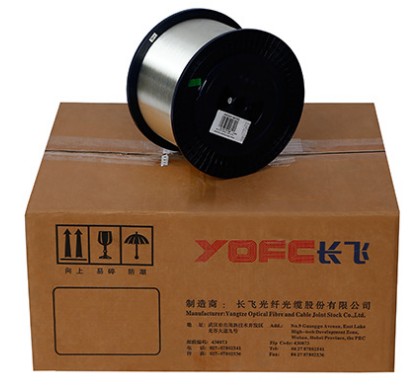Fiber optic cable main applicationпәљ
1. protect fibers
2. Ensure the service life of the fiber
3. For different environments

Fiber optic cable design should meet the performance:
1. Ensure cable transmission characteristics: attenuation coefficient, PMD, dispersion, etc.
2. Ensure the mechanical properties of the cable: stretching, flattening, impact, torsion, repeated bending, etc.
3.ensure the environmental characteristics of the cable: integrity of the sheath, seepage, temperature cycle characteristics, etc.
Classification of optical cables:
1. According to the use of fiber optic cable environment: outdoor fiber optic cable (metal reinforced component fiber optic cable, no metal reinforced component fiber optic cable and flame retardant fiber optic cable, etc.), indoor fiber optic cable (office fiber optic cable), drainage pipes with fiber optic cable, road grooves with fiber optic cable and micro fiber optic cable.
2. According to the fiber in the fiber covering state is different: tight sleeve structure, loose sleeve structure, banded structure.
3. According to cable core structure, it can be divided into central tube type, layer type and skeleton type
4. According to the cable installation conditions: overhead, pipeline, buried and submarine cable
Type of cable
According to the covering type of the optical fiber
1. Tightly tube cable "J"
2. Loose tube cable "S"
3. Fiber ribbon cable.“DвЂқ
According to cable core structure:
1. Central tubular structure "X"
2. Layer - stranded structure, no coincidence representation: spiral twisted, SZ twisted
3. Skeleton structure "G"
Cable sheath structure type:
1.A out sheath: suitable for pipe, overhead
2.S out sheathпәљSuitable for pipe, overhead, buried directly
3.Y out sheathпәљAs long as the non - metallic optical cable, applicable overhead
4.V out sheathпәљFlame retardant sheath cable, suitable for indoor
5.W out sheathпәљCenter tube type, suitable for pipe, overhead





